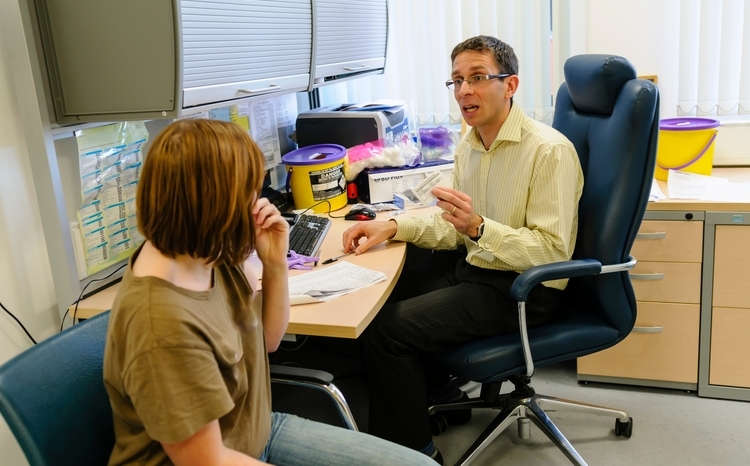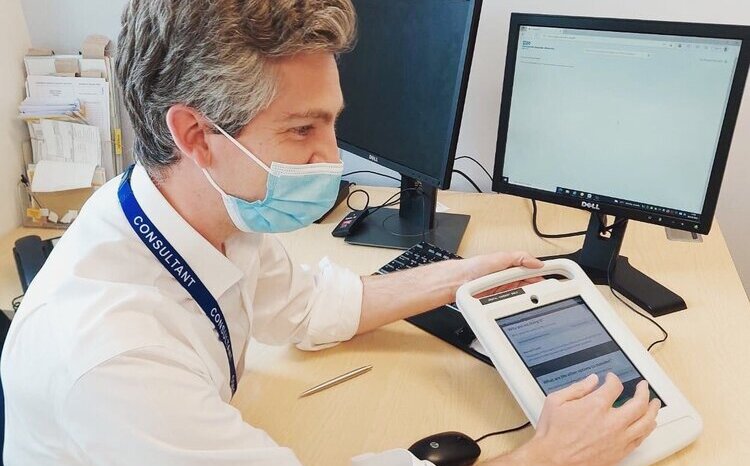RCGP backs ‘opt-in’ model for national care records
- 7 March 2006
The Royal College of General Practitioners has decided to back an ‘opt-in’ model for the national NHS Care Records Service with the caveat that it may move to an opt out position if its concerns can be addressed.
The RCGP debated the consent model for the NCRS at its monthly Council meeting following a recommendation from the College’s ethics committee than the RCGP should support an opt-in model.
However Dr Mayur Lakhani, chairman of the RCGP said there had been a "sophisticated debate" on the issue and that it was clear the issue was more complicated than a straightforward opt-in or out model. He said members concerns had focused on the issue of data quality for any information uploaded onto summary records on the spine as well as a lack of confidence following issues with confidentiality and the personal demographic service last month (Link EHI PC).
He told EHI Primary Care: "Our starting point was that we want the NCRS to work and that we felt it is a good thing which we support."
Dr Lakhani said data specialists within the college had reported that up to a third or more of the information on GP records may be inaccurate. That had raised concerns that, for example, a wrong or unproven coding of a heart attack could be uploaded to the spine unless records were thoroughly cleansed before the upload began.
Dr Lakhani said: "The data quality issue is not going to go away. We need to clean up records and work with patients on that."
Dr Lakhani told EHI Primary Care that the college wanted to develop standards for data quality and data transfer and would be putting proposals on that to ministers and Connecting for Health.
The other major issue which Dr Lakhani said had influenced the opt in decision was a lack of confidence in the current systems following revelations last month that demographic information for all patients in the country could be accessed by practice staff with a smartcard. The issue had led Dr Lakhani, together with the BMA’s GP committee chairman Dr Hamish Meldrum, to write to Connecting for Health last month.
Dr Lakhani said the response from Richard Granger, CfH’s director general, was confidential but he believed CfH was taking the problems seriously. He added: "They are not pretending everything is OK and we have an ongoing dialogue with ministers and Connecting for Health, together with the BMA, to try add find a way to make this work."
He said GPs and other clinicians needed more certainty about what was happening and this was reflected amongst Council members. He added: "People were concerned that there wasn’t enough evidence that the system was secure at the moment but we’ve stopped short of saying we’re going to back opt-in for all time."
Dr Lakhani said he felt it was a responsibility on the health community as well as CfH to try and find a way to make the NCRS work.




